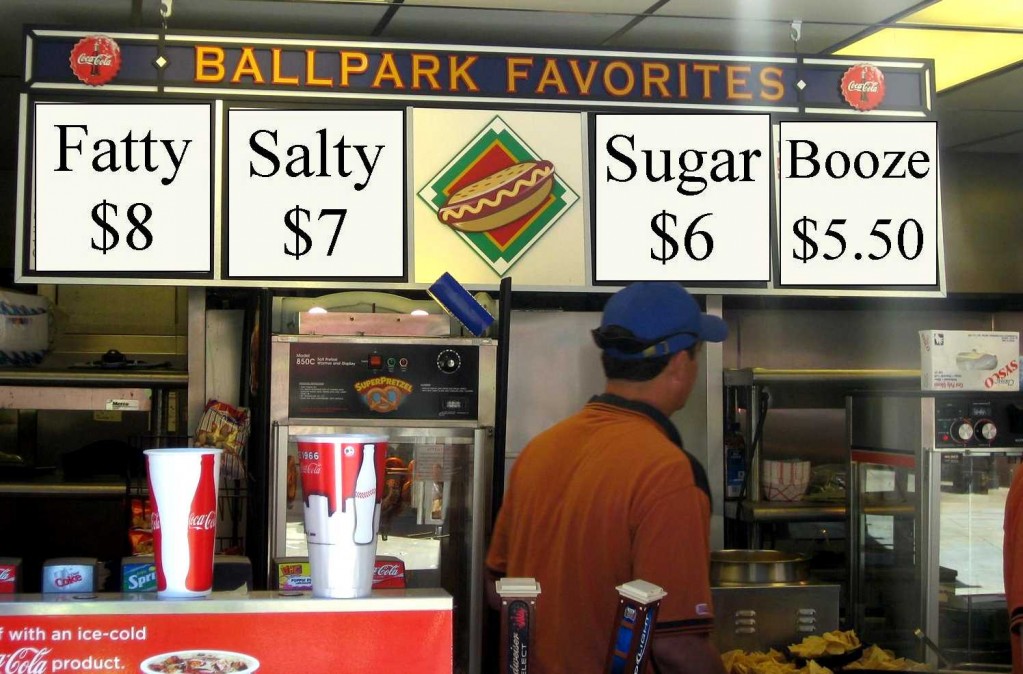Not Ready to Meet their Maker?
Reading through my back issues of the Economist, I came across this article from March. According to a study published in the Journal of the American Medical Association religious people seem curiously unwilling and unready to die. According to the study, by Andrea Phelps and her colleagues at the Dana-Farber Cancer Institute in Boston, religious people seem to use their faith simply to cope with the pain and degradation involved in treatment, and that they are more willing to experiment with more aggressive treatments, even though such treatment rarely makes much difference to the outcome or their life expectancy.
Dr Phelps and her team followed the last months of 345 cancer patients. The participants were not asked directly how religious they were but, rather, about how they used any religious belief they had to cope with difficult situations by, for example, “seeking God’s love and care”. The score from this questionnaire was compared with their requests for such things as the use of mechanical ventilation to keep them alive and resuscitation to bring them back from the dead.According to the study, three times as many 'religious' people requested aggressive life extension measures (mechanical ventilation and resuscitation) versus the least religious. I would expect that the religious would be happy to eventually 'meet their maker' - but I suppose this is yet another aspect of the cognitive dissonance we find among religion and it's adherents.


